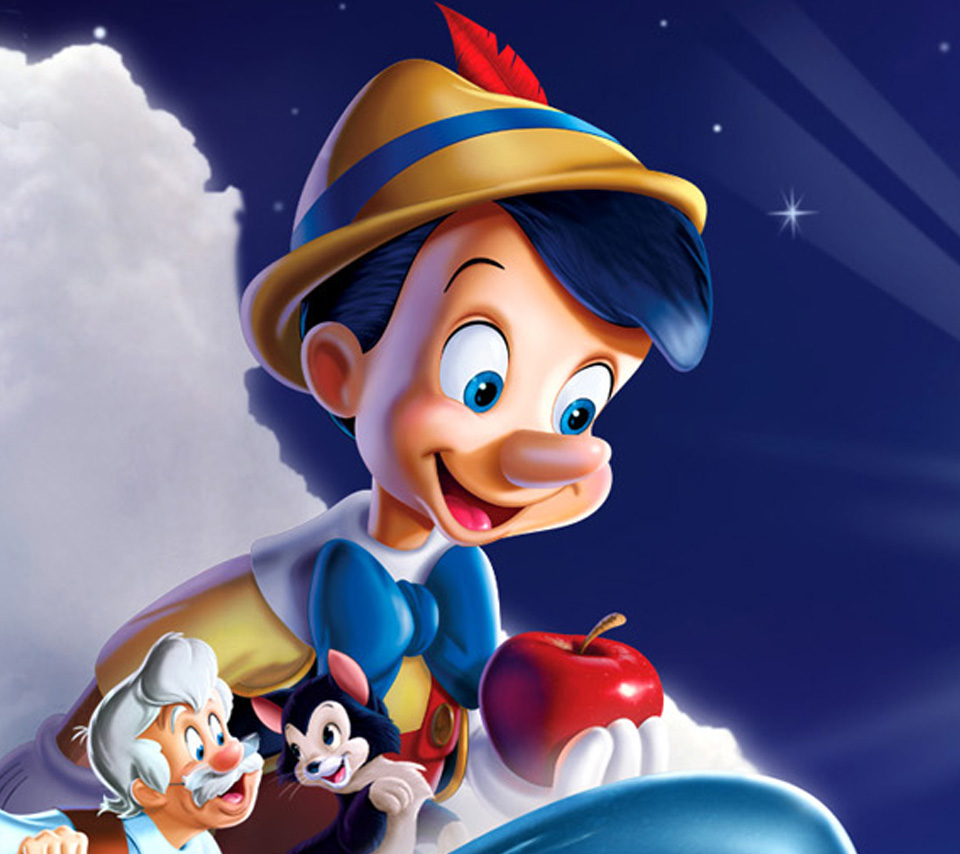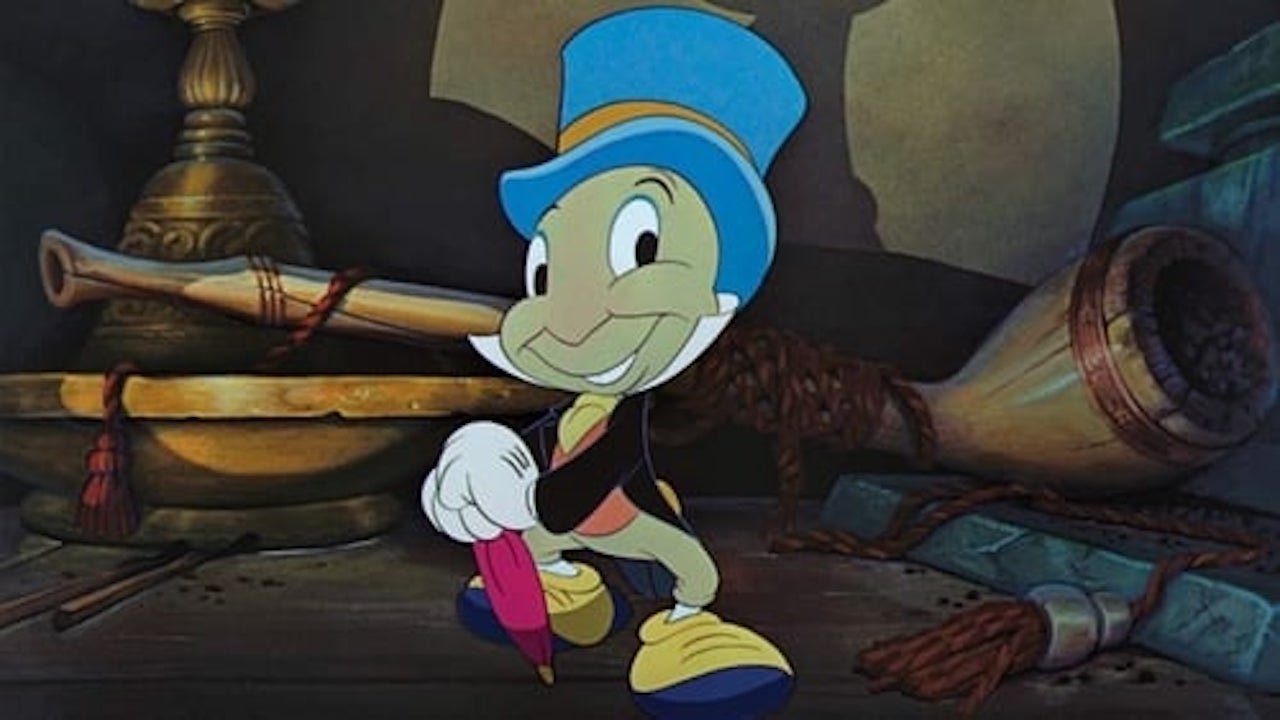Have you ever wondered how do you spell Pinocchio? This beloved character from Italian literature has captured the hearts of millions worldwide. However, spelling his name correctly can sometimes be a challenge for both children and adults alike. In this article, we will delve into the correct way to spell Pinocchio, explore its origins, and provide helpful tips to remember it.
Pinocchio is not just a fictional character; it represents a timeless story of honesty and transformation. Knowing how to spell Pinocchio accurately is essential for anyone who appreciates literature, storytelling, or simply wants to avoid embarrassing mistakes. This article will guide you step by step to ensure you never misspell it again.
Whether you're a student, a parent, or simply someone curious about language, understanding how do you spell Pinocchio will enhance your appreciation of this classic tale. Let’s dive into the world of Pinocchio and uncover the secrets behind its spelling and significance.
Read also:Jon Snow Death A Comprehensive Analysis And Exploration Of The Characters Journey
Below is a detailed table of contents to help you navigate through this comprehensive guide:
Table of Contents
- The Origin of Pinocchio's Name
- Tips for Spelling Pinocchio Correctly
- Common Mistakes in Spelling Pinocchio
- Language Variations of Pinocchio
- Cultural Impact of Pinocchio
- Educational Value of Pinocchio
- Historical Context of Pinocchio
- Famous Quotes from Pinocchio
- Fun Facts About Pinocchio
- Conclusion: Mastering the Spelling of Pinocchio
The Origin of Pinocchio's Name
Understanding the origin of the name Pinocchio provides insight into its spelling. Pinocchio, first introduced in the 1883 novel "The Adventures of Pinocchio" by Carlo Collodi, is an Italian name derived from "pino," meaning "pine." The suffix "-ccio" is a diminutive in Italian, signifying something small or endearing. Therefore, Pinocchio can be interpreted as "little pine wood," reflecting the puppet's origin as a wooden figure.
Why Does Pinocchio's Name Matter?
The name Pinocchio is significant because it ties directly to the character's origins and symbolism in the story. As a wooden puppet carved from pine, Pinocchio represents transformation, growth, and the journey from inanimate to human-like. This understanding reinforces the importance of spelling his name correctly, as it honors the cultural and literary significance of the character.
Tips for Spelling Pinocchio Correctly
Spelling Pinocchio correctly can be made easier with a few simple strategies. Here are some tips to help you remember:
- Break the word into syllables: Pi-no-chi-o.
- Focus on the double "c" in the middle of the word.
- Remember that the "ch" combination produces a "k" sound in Italian.
- Associate the name with its meaning, "little pine wood," to reinforce memory.
Using Mnemonics to Remember
Mnemonics are memory aids that can make spelling easier. For example, you could think of "Pi-no-chi-o" as a rhyme or create a story around the syllables to help them stick in your mind. Associating the word with its Italian roots can also improve retention.
Common Mistakes in Spelling Pinocchio
Even with the best intentions, people often make mistakes when spelling Pinocchio. Here are some common errors to avoid:
Read also:Unveiling The Extraordinary Journey Of Frederick Dump
- Forgetting the double "c": Some people write "Pinochio" instead of "Pinocchio."
- Mispronouncing the "ch" sound: In English, "ch" often sounds like "ch" in "church," but in Italian, it sounds like "k."
- Adding extra letters: Occasionally, people add an extra "e" or "i," resulting in misspellings like "Pinocchion" or "Pinoccio."
By being aware of these common pitfalls, you can ensure your spelling is accurate every time.
Language Variations of Pinocchio
While Pinocchio originates from Italian, the name has been adapted into various languages. Here are some examples:
- Spanish: Pinocho
- French: Pinocchio
- German: Pinocchio
- Japanese: ピノキオ (Pinokio)
Despite these variations, the original Italian spelling remains the most widely recognized and should be used in formal contexts.
Why Stick to the Italian Spelling?
The Italian spelling of Pinocchio preserves the authenticity of the character's origins. Using the correct spelling shows respect for the cultural and literary heritage of Carlo Collodi's masterpiece.
Cultural Impact of Pinocchio
Pinocchio has had a profound impact on global culture, influencing literature, film, and even everyday language. The story's themes of honesty, transformation, and the pursuit of truth resonate with audiences of all ages. Walt Disney's 1940 animated adaptation brought Pinocchio to an even wider audience, cementing his place in popular culture.
How Pinocchio Influences Modern Storytelling
Pinocchio's journey from puppet to boy serves as a powerful metaphor for personal growth and self-discovery. This narrative structure has inspired countless stories across various media, highlighting the enduring relevance of Carlo Collodi's creation.
Educational Value of Pinocchio
Pinocchio offers valuable lessons for children and adults alike. The story emphasizes the importance of honesty, responsibility, and perseverance. Teachers often use Pinocchio as a teaching tool to discuss moral values and character development.
Using Pinocchio in the Classroom
Educators can incorporate Pinocchio into lesson plans by:
- Discussing the consequences of lying.
- Exploring themes of transformation and growth.
- Encouraging creative writing exercises based on the story.
These activities not only enhance literacy skills but also foster critical thinking and ethical reasoning.
Historical Context of Pinocchio
Understanding the historical context of Pinocchio enriches our appreciation of the story. Written during the late 19th century, "The Adventures of Pinocchio" reflects the social and political climate of Italy at the time. Carlo Collodi, whose real name was Carlo Lorenzini, used the character of Pinocchio to critique societal norms and explore complex themes through a children's story.
Carlo Collodi: The Man Behind Pinocchio
Carlo Collodi was a journalist and writer who sought to entertain and educate through his works. His creation of Pinocchio has left an indelible mark on literature, proving that stories can be both enjoyable and thought-provoking.
Famous Quotes from Pinocchio
Pinocchio is filled with memorable quotes that capture the essence of the story. Here are a few examples:
- "A lie, though it be never so well contrived, always finds itself in trouble in the end."
- "We are all born good. It is our environment which makes us bad."
- "When you wish for something with all your heart, it always comes true."
These quotes highlight the story's timeless wisdom and continue to inspire readers today.
Fun Facts About Pinocchio
Here are some interesting facts about Pinocchio that you might not know:
- Pinocchio was originally intended as a serialized story in a children's newspaper.
- The character of Geppetto is based on a real person Collodi knew during his childhood.
- Pinocchio's nose growing when he lies is one of the most iconic elements of the story, though it doesn't appear in all adaptations.
These fun facts add depth to our understanding of Pinocchio and its enduring appeal.
Conclusion: Mastering the Spelling of Pinocchio
In conclusion, knowing how do you spell Pinocchio is more than just a matter of correct spelling; it's about appreciating the rich history and cultural significance of this beloved character. By following the tips and strategies outlined in this article, you can confidently spell Pinocchio every time. Remember the importance of the double "c" and the "ch" sound, and associate the name with its Italian roots.
We invite you to share your thoughts and experiences with Pinocchio in the comments below. Do you have a favorite adaptation or quote from the story? Let us know! Additionally, feel free to explore other articles on our site for more fascinating insights into literature and language.
Thank you for reading, and happy spelling!



